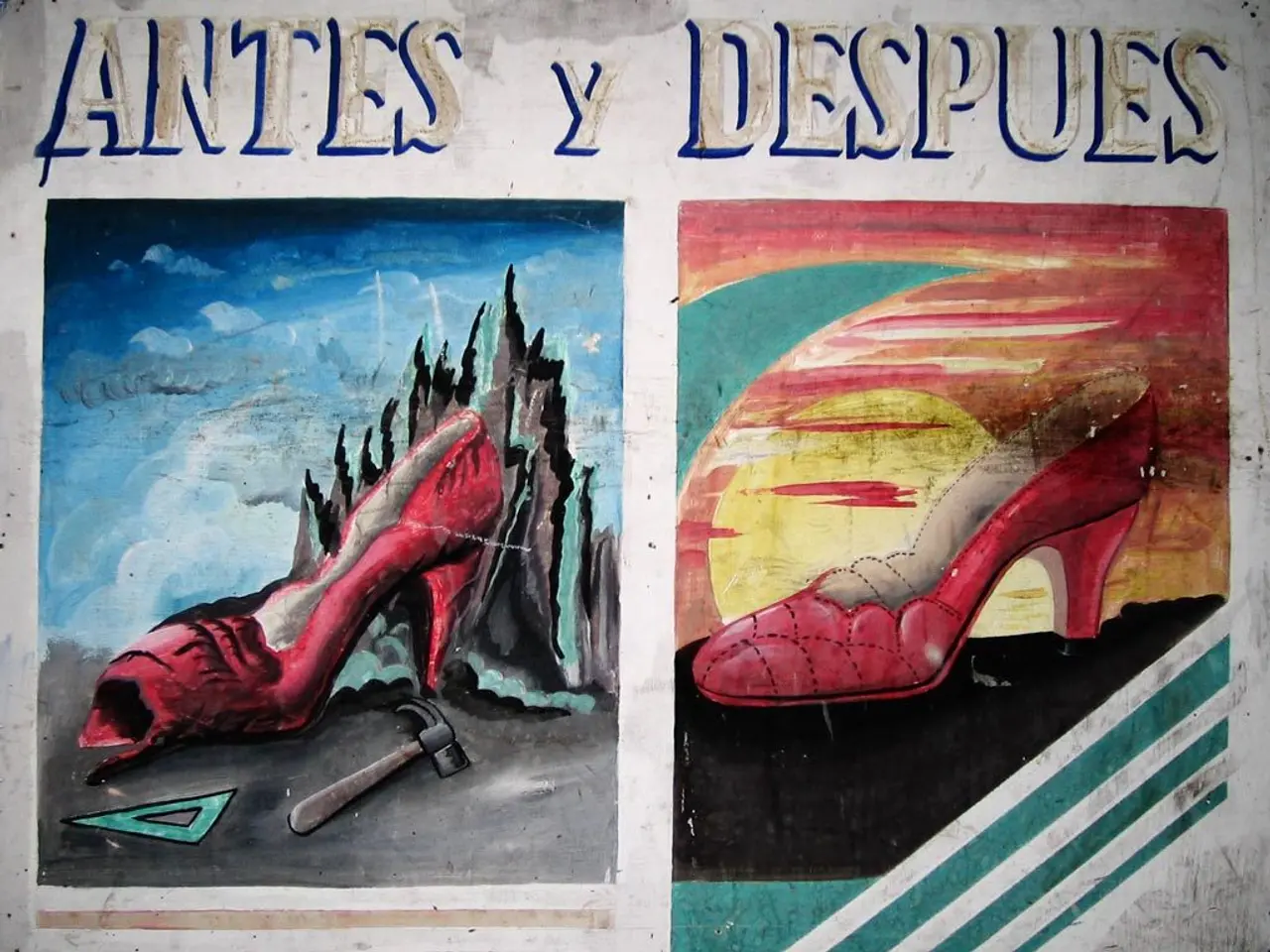"Mrs. von der Leyen to Present Offer to Us"
Next week, the European Parliament will vote on a motion of no confidence against European Commission President Ursula von der Leyen. The motion, proposed by Romanian MEP Gheorghe Piperea, focuses on accusations of lacking transparency during the pandemic, particularly concerning her handling of communications with Pfizer's CEO during COVID-19 vaccine negotiations.
The vote is symbolic but significant politically, as most political groups, including conservatives, have distanced themselves from the motion. The success or failure of the vote will depend on a broad parliamentary majority rather than concessions to any single group.
René Repasi, the head of the SPD group in the European Parliament, sees no basis for expressing no confidence in von der Leyen. However, Repasi states that the CDU's approach to voting for proposals submitted by far-right factions is incorrect, and they will not approve such proposals.
The Fratelli d'Italia party, the largest group in the ECR faction, does not want to vote against von der Leyen. If the Fratelli were to leave the ECR, it could be a success for Manfred Weber, the Commission President's parliamentary group leader, who allows destructive rejection majorities with far-right factions on issues like cutting social rights and the Green Deal.
The ECR faction could split or dissolve due to internal tensions, with radical troops potentially moving to "Patriots for Europe" if the faction splits or dissolves. This could lead to a larger and potentially Pyrrhic victory. If the Fratelli were to join the EVP faction, it is doubtful whether Forza Italia, which is part of that faction, would agree to this.
Ursula von der Leyen needs majorities for her politics, and Repasi states that the CDU must commit to supporting her climate goals, keeping the European Social Fund, and committing to a legal act to protect workers from artificial intelligence in the workplace to secure the confidence of the social democratic group in the European Parliament.
Despite the no-confidence motion, von der Leyen received 401 votes at her election, but her Commission had only 370 supporting votes in November, partly due to appointing Raffaele Fitto of the Fratelli d'Italia party as one of the Vice-Presidents. The vote of no confidence requires a two-thirds majority, which is a high hurdle.
In conclusion, while Ursula von der Leyen faces increasing discontent and a formal vote of confidence, there is no clear indication that she must undertake explicit concessions specifically aimed at the social democratic group to secure their confidence. The broader challenge appears to be maintaining a majority coalition across diverse political groups amid transparency controversies rather than negotiating particular demands from one faction.
- The ongoing dispute over the motion of no confidence against European Commission President Ursula von der Leyen is not just a matter of employment policy, but also politics, as it tests the solidarity of various political groups within the European Parliament.
- The community policy implications of this vote go beyond von der Leyen's handling of the pandemic, with the success or failure potentially affecting the future direction of policies like the Green Deal and protections for workers from artificial intelligence in the workplace.







